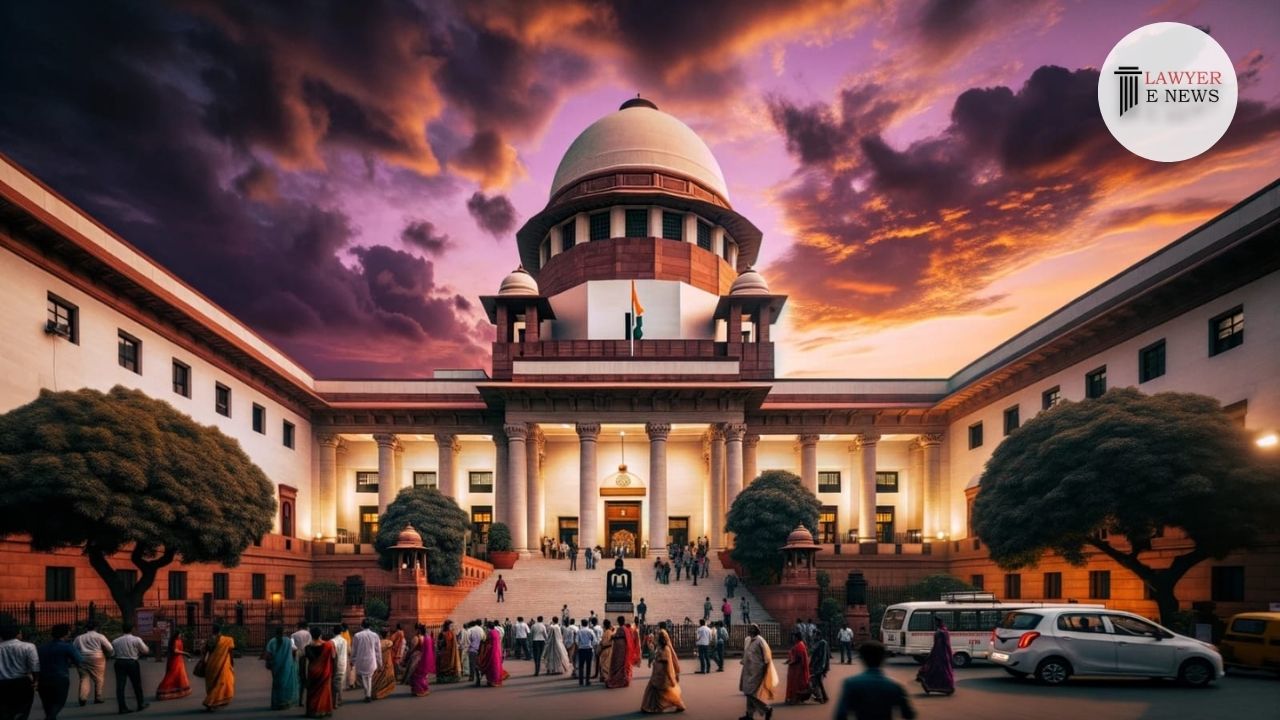-
by Admin
16 February 2026 1:47 PM



In a landmark judgment, the Supreme Court of India, in the case of Mohd Abaad Ali & Anr. vs. Directorate of Revenue Prosecution Intelligence, has upheld the applicability of Section 5 of the Limitation Act, 1963, in appeals against acquittal under Section 378 of the Criminal Procedure Code (CrPC). The bench comprising Justices Sudhanshu Dhulia and Prasanna Bhalachandra Varale delivered the judgment on February 20, 2024.
Brief on Legal Point: The judgment revolved around the critical legal question of whether Section 5 of the Limitation Act applies to an appeal against acquittal under Section 378 of CrPC, especially in the context of condonation of delay in filing the appeal.
Facts and Issues: The appellant, Mohd Abaad Ali, was acquitted in a case under Section 135(1)(b) of the Customs Act, 1962. The Directorate of Revenue Intelligence filed an appeal against this acquittal, which was delayed by 72 days. The High Court had allowed the condonation of delay, which was challenged by the appellant on the grounds that Section 5 of the Limitation Act should not apply to appeals against acquittal under Section 378 of CrPC.
Court Assessment and Decision: The Supreme Court, after a detailed assessment, held that Section 5 of the Limitation Act, 1963, is applicable in appeals against acquittal under Section 378 of CrPC, unless expressly excluded by the statute. The Court distinguished the present case from precedents like Kaushalya Rani v. Gopal Singh and Mangu Ram v. Municipal Corporation of Delhi, emphasizing the differences in the wording of the old and new Limitation Acts. The Court observed that the 1963 Act makes Section 5 applicable even in special laws prescribing limitation, unless expressly excluded.
The Court dismissed the appellant's challenge against the delay condonation granted by the High Court, affirming the validity of the appeal against acquittal filed by the Directorate of Revenue Intelligence. The interim order was vacated, and the matter was directed to continue in the Delhi High Court.
Date of Decision: February 20, 2024.
Mohd Abaad Ali & Anr. vs. Directorate of Revenue Prosecution Intelligence
